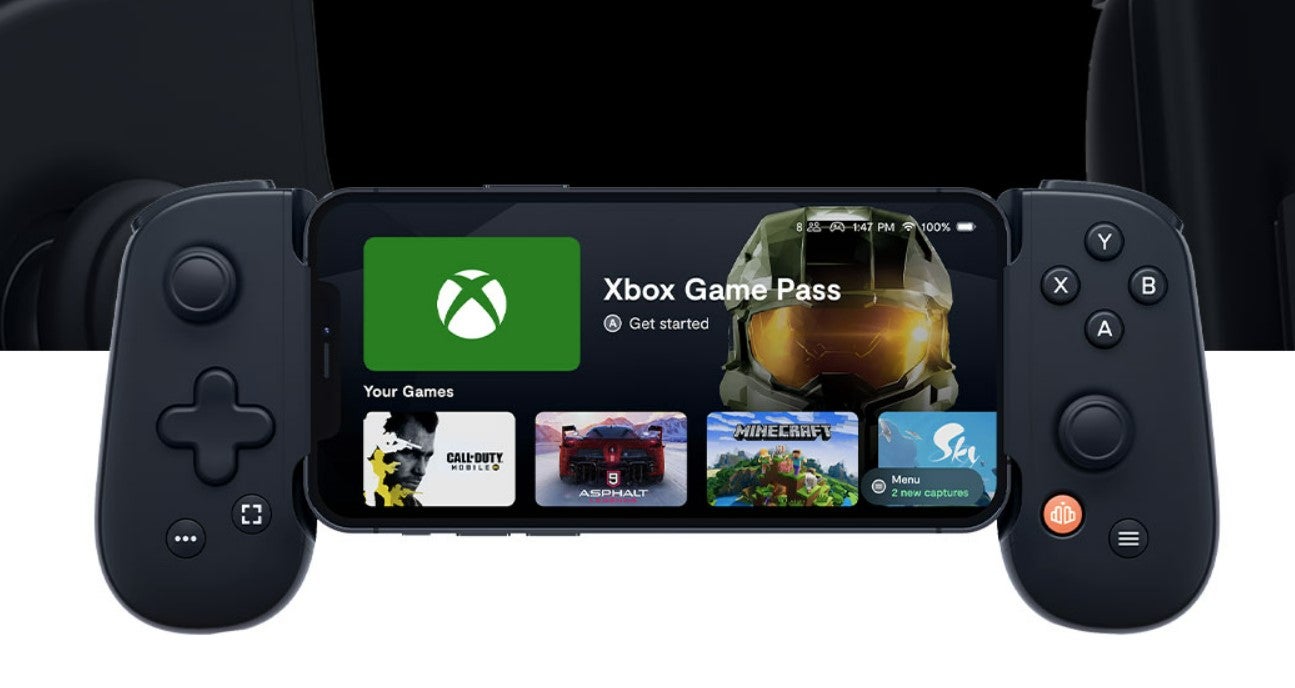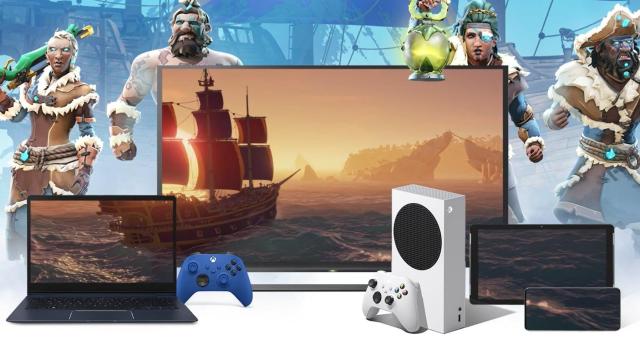We’re now learning the great lengths Microsoft was willing to take to bring Xbox games to iPhones. The company reluctantly planned to bring exclusive triple-A Xbox titles to the App Store in the form of individual apps due to Apple’s requirements for games, but the deal fell through.
This revelation comes from private emails unearthed by The Verge between Microsoft corporate vice president of business development Lori Wright and several Apple staffers.
For some context, Apple updated its App Store guidelines ahead of the iOS 14 with requirements for game streaming services like Google Stadia and Microsoft Cloud to create individual apps that could be downloaded directly from the App Store, not within an all-in-one launcher. Apple permitted “catalogue apps” that could link to games in the service so long as these titles opened in an individual app and contained in-app purchases using Apple’s payment system (which nets it a 30% cut).
This theoretically meant a company with a subscription service housing thousands of games would need to create thousands of separate apps, each of which subject to a title-by-title review process. Microsoft quickly denounced the guidelines, calling them “a bad experience for customers” who simply want to jump from one game to the next within the same app rather than downloading dozens of different ones. So instead, Microsoft announced a workaround late last year in the form of a web version of xCloud that runs on iOS and iPadOS.
While Microsoft originally criticised Apple’s strict guidelines, it now appears the company was willing to compromise. Wright proposed making individual streaming game apps more like shortcuts where a single 150MB streaming app contained the core streaming tech while 30MB snippet games could operate without it in order to reduce game downloads, allow for a single installation, and forgo unnecessary updates made specifically for the streaming tech, not each and every game.

Microsoft threw in some more bait: bringing exclusive triple-A Xbox games not found in Game Pass Ultimate to iOS — at least, so long as these games could operate without the weight of the core streaming package holding them down. These apps reportedly would have run through Microsoft’s streaming platform using remote server farms instead of on-device processing.
The plan fell through and the only way to experience those games on iOS today is by using Microsoft’s browser-based solution. Apple and Microsoft’s reasons for why the negotiating broke down differ. Microsoft says Apple is at fault for requiring every single game to run the full streaming package.
“Forcing each game to include our streaming tech stack proved to be unrealistic from a support and engineering perspective and would create an incredibly negative experience for customers,” Microsoft CVP of cloud gaming Kareem Choudhry told The Verge.
But money may have also played a factor. In an email, Apple’s App Store games manager Mark Grimm told colleagues that Microsoft was looking into ways to put the entire streaming deck into individual games, but wanted in-app purchases to go through its systems before settling with Apple. Grimm reportedly wanted Apple to let Microsoft skip in-app purchases, stating the company was trying to circumvent doing redundant API work, not trying to find a way to avoid paying Apple.
In the end, Apple stuck to its requirements and wouldn’t budge on letting Microsoft use its own payment system.
“Unfortunately, Microsoft proposed a version of xCloud that was not compliant with our App Store Review Guidelines, specifically the requirement to use in-app purchase to unlock additional features or functionality within an app,” Apple spokesperson Adam Dema told The Verge.
The finger-pointing doesn’t stop there. Choudhry addressed Apple’s claims, arguing that in-app purchases have nothing to do with why individual Xbox game apps aren’t in the App Store. He says Apple rejected Microsoft’s reluctant proposal to make apps separate from the xCloud parent app and says Microsoft “will continue to look for viable resolutions that allow us into the App Store.”
We may never know the real reason for why the negotiations broke down, but in the end, Microsoft found an easier way to bring Xbox games to the iPhone, one that didn’t require unrealistic resources or in-app purchasing requirements. Still, one can dream of an alternative scenario where Halo Infinite is available for purchase as an individual, one-time payment app instead of part of a $15.95 subscription for Xbox Game Pass Ultimate.
